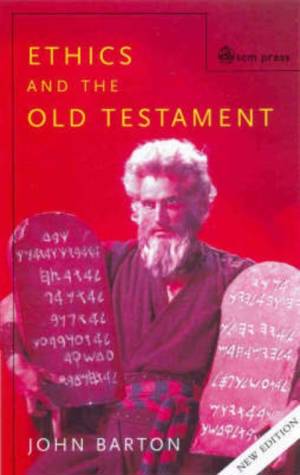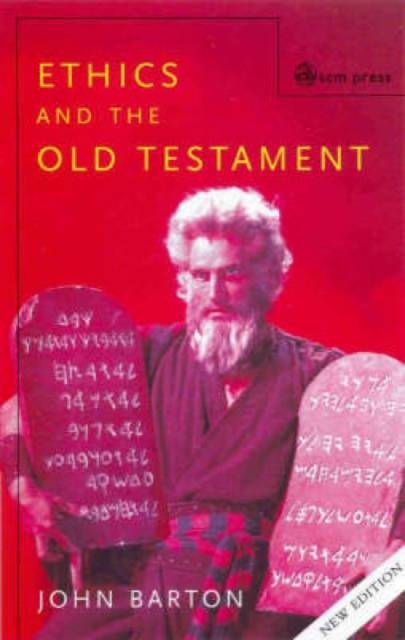
- Afhalen na 1 uur in een winkel met voorraad
- Gratis thuislevering in België vanaf € 30
- Ruim aanbod met 7 miljoen producten
- Afhalen na 1 uur in een winkel met voorraad
- Gratis thuislevering in België vanaf € 30
- Ruim aanbod met 7 miljoen producten
Zoeken
Omschrijving
Establishing the relevance of Old Testament ethics to contemporary life is, as Barton concedes, an uphill task. For many Christians today - let alone those with no religious commitment - to find some way of accommodating them into a coherent moral system by which to live in the 21st century seems at best implausible and at worst ridiculous or even immoral. However, Barton is convinced that in many areas of ethical enquiry the Old Testament has much to teach us, and he argues his case in this new edition of "Ethics and the Old Testament". He looks again at the Ten Commandments; the narrative about David and his children; the ethical issue of ecology; sexual morality and property; human morality as the express command of God; and the motivation for moral conduct. An additional chapter offers fresh views about the value of Old Testament ethics in discussions on human dignity. Barton's aim is to show that although the Old Testament comes from a remote, alien and apparently unsophisticated context, the powerful minds who worked on its books still have things to say which remain evocative and suggestive for our own moral enquiries.
Specificaties
Betrokkenen
- Auteur(s):
- Uitgeverij:
Inhoud
- Aantal bladzijden:
- 128
- Taal:
- Engels
Eigenschappen
- Productcode (EAN):
- 9780334028949
- Verschijningsdatum:
- 1/01/2003
- Uitvoering:
- Paperback
- Formaat:
- Trade paperback (VS)
- Afmetingen:
- 129 mm x 198 mm
- Gewicht:
- 131 g

Alleen bij Standaard Boekhandel
+ 47 punten op je klantenkaart van Standaard Boekhandel
Beoordelingen
We publiceren alleen reviews die voldoen aan de voorwaarden voor reviews. Bekijk onze voorwaarden voor reviews.











